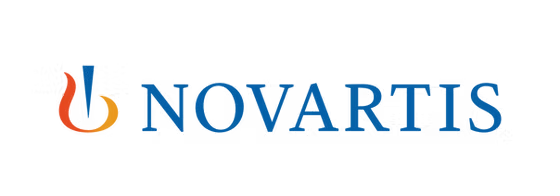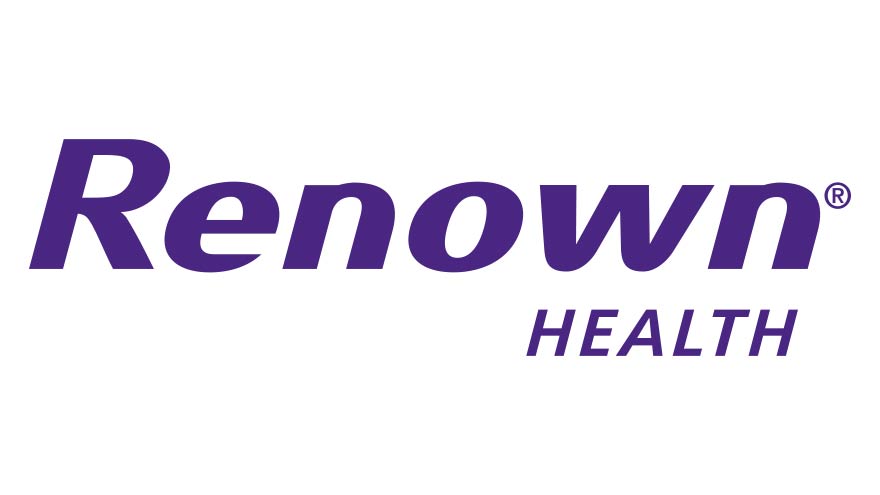
13 Jan 2023
The newest buzzword in the workplace is quiet leaving. Although it may seem to be about someone quitting their work, it alludes to a revolt against the hustling mentality of going above and beyond the call of duty.
In addition to causing everyone's life to be disturbed by restrictions and a ban on public meetings, the COVID-19 epidemic also caused some people to reevaluate their professional choices. The phrase doesn't mean that employees quit their jobs; rather, it means that they perform the minimal duties
they are expected of them. This may mean arriving at work on time, insisting on overtime compensation, declining ambitious initiatives, distancing oneself from one's employment, and/or establishing firm work-life boundaries.
To avoid working long hours, an employee may choose to quietly resign rather than leave their position. Instead, they may restrict their labour to only that which is required by their job description.
To enhance work-life balance, they want to perform thy bare minimum to get the job done and establish clear limits to enhance work-life balance. These employees continue to perform their job obligations but do not adhere to the norm that work is life and ethos that would enable them to advance their careers and make an impression on their superiors. They follow their job description to the letter, and when they go home, they put work in the past and concentrate on tasks and activities that are not related to their employment.
Additionally, some people have discovered fresh ideas thanks to remote employment, like Saturdays off, virtual meetings, and flexible work hours. After enjoying the advantages of such arrangements, employees could be hesitant to return to the previous practices.
Since many businesses are now requesting that their employees return to the office, these workers may get disengaged from their professional obligations as a result of the lost freedoms.
Some other factors for quiet quitting include:
Mismanagement
Poor leadership is among the most frequent causes of resignation. The way employees feel about their managers is important, and they are more likely to look for a new job if they believe their direct supervisors are ineffective or have a poor management style.
No room for growth
Every person wants to progress in their career, but when they learn that there are few opportunities for this to happen at their company, they quit their employment and look for other ones. Employees want to believe that working with the firm would allow them to advance in their careers.
There is no praise or reward
Many workers frequently lament the lack of rewards and recognition in their workplace. When employees' contributions are not valued, it is just a matter of time before they begin to look for other employment.
Corporate culture generally
Whether or not it has been formalized, every organization has its own culture. How coworkers interact with one another is determined by this culture—or lack thereof. People are far more inclined to look for a company that more closely resembles their cultural norms if they feel mistreated at work or that the environment is poisonous and unproductive.
It's critical to be aware of any warning indications that might point to a team member quietly leaving; otherwise, you run the risk of negatively affecting team dynamics, employee happiness, and the working environment for other employees. Trioptus (A RPO partner) has a big part to play in this environment.
Trioptus is a recruiting process outsourcer that always helps firms in hiring excellence and that too according to your requirement since it has experience with employee behaviour too, combating Quiet Quitting couldn't be that hard.
What does Trioptus recommend?
Communicate Well:
To keep a worker from losing interest, communication is essential. To make sure staff members are aware of expectations and have the resources they need to thrive in their responsibilities, it is crucial to hold frequent team and one-on-one meetings.
Additionally, these weekly syncs may strengthen connections between employees and managers and serve as a wonderful opportunity to talk about professional objectives and advancement possibilities.
Since communication is a two-way street, managers should provide several chances for employee input. It's critical to pay close attention to your employees' requirements whether you use surveys, evaluations, or company-wide meetings.
Plan Your Employees
To establish who you need to recruit and when workforce planning helps estimate company demands and identify present shortages. To increase engagement and retention, a part of this involves evaluating the talents of current workers and placing them in positions where they can make use of them.
For managers to give the required training and resources to improve current employees for the future, effective workforce planning also aids in identifying skill shortages. You may maintain proper personnel numbers and prevent overtaxing your current staff by anticipating your company's future demands in advance. Trioptus will help you recruit the perfect match for your company.
Invest heavily in your employees
Lack of opportunity for professional development and progress was one of the main causes of resignations in the previous year. Career pathways that are in line with employee interests and business objectives must be actively developed by organizations. A key component of a successful retention strategy is spending money on programs and tools that will help workers grow.
Improving the work experience is the best strategy to stop disengagement. Talk to your staff, get their input, and brainstorm ways to show them you care. Simple words of encouragement might suffice.
Next, make sure there are suitable boundaries and realistic workloads to preserve a work-life balance. It's crucial to follow up with staff members to ensure that these boundaries are understood and to foster an honest and open working environment.
Help employees cope with stress, and make sure to prioritize their mental health. Businesses can promote wellness among their staff members using digital tools or less formal check-ins regularly. Businesses must establish and uphold work boundaries to create positive work culture.











Comments (0)